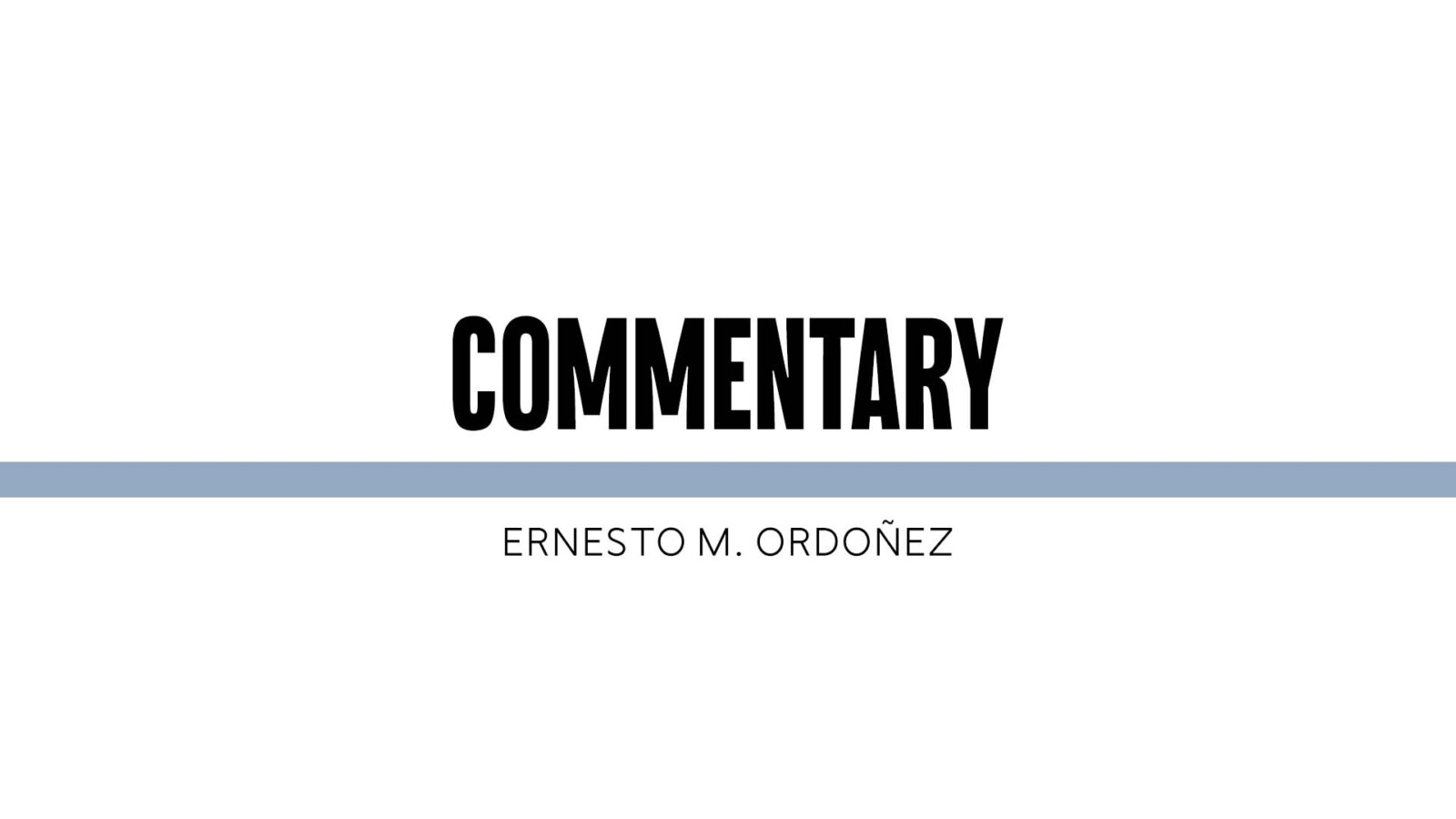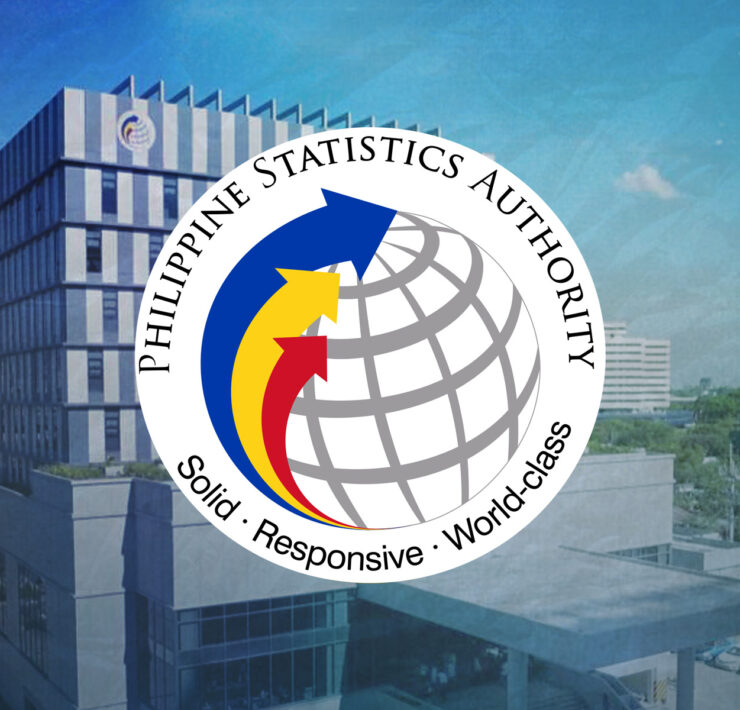The two main solutions to addressing hunger in PH

To address our hunger problem, it is important to immediately address nutrition. And to implement this, local government units, led by our governors and mayors, should be at the forefront of good governance.
These were the two insights given to us last April 2 by Assistant Health Secretary Azucena Dayanghirang, Executive Director of the National Nutrition Council.
We interviewed her following a news report that appeared in the Inquirer dated March 28, based on a survey by the Social Weather Station and Stratbase. The report showed that 27.2 percent of Filipino families, or about 7.5 million households, faced involuntary hunger (nothing to eat at least once in the past three months). This was the highest recorded instance since the COVID-19 pandemic in September 2020.
Dayanghirang discussed the hunger issue in the context of malnutrition.
She made two important statements. First, she said that nutrition should get more attention. While many say that nutrition is part of health, health can be viewed as part of nutrition. With nutrition comes health. In addition, it has other benefits, such as a person’s increased capacity to learn and develop.
Second, she said that addressing nutrition can best be done by local government units (LGUs). “The nutrition problems happen at the barangays, not in government departments. Since the LGUs know the barangays, they can use national government help and adapt it for effective barangay use.”
Let us look at both these components.
Nutrition
In an open letter to President Marcos published last Feb. 3, we cited two studies showing how our poor nutrition has significantly harmed our development. One was according to the United Nations World Food Programme: “Nine out of 10 children in the Philippines aged 10 years old are unable to read and understand the age-related text.”
Our national learning poverty of 91 percent is so much worse than the average 35 percent for East Asia and the Pacific.
The second study, from the Program for International Student Assessment, showed our dismal bottom ranking of 79th out of 81 countries assessed. This covered 15-year-olds in the areas of mathematics, science and reading.
Thanks to our Department of Education (DepEd), the school feeding program budget for P3 billion two years ago has increased fourfold to P11 billion this year.
The World Bank has stated: “For every dollar invested in addressing malnutrition, a return of $32 [is] expected.”
Instead of providing low-nutrition food like imported cup noodles, DepEd distributes locally produced nutribuns and hot meals.
Since nutribuns still use mostly imported wheat, DepEd Assistant Secretary Dexter Galban promotes food with more local content, such as vegetable-based food bars and malunggay chips.
Nevertheless, hot meals are preferred because they are more nutritious and, indirectly, create more jobs. But this needs budget support from sources other than DepEd, which does not have enough funding for this.
Governance
For good nutrition, vegetable consumption is critical.
Vietnam’s population of 102 million is slightly lower than ours at 117 million. But they consume six times as much as we do. This puts us at a great disadvantage.
This is why the “gulayan sa paaralan” and “gulay sa barangay” are important.
However, they are suboptimal because they have no model to follow.
Fortunately, the Department of Agriculture (DA) is launching a “Gulayan sa Bayan.” This will serve as a model for all municipalities.
Among others, it will put up a nursery with the most appropriate vegetable seeds for the locality and season. More importantly, it will be a source of learning for good agricultural practices and possible business arrangements.
Dayanghirang said the mayor should head this project, alongside DA support to upgrade and expand all the other gulayans in the municipality. He or she should supplement this project with a partner from the private sector for transparency and more effectiveness. This partner can be an nongovernmental organization, a church-based organization, or the Rural Improvement Club.
With nutrition and governance as focal points, hunger and other important development issues will be addressed more effectively.
The author is Agriwatch chair, former secretary of presidential flagship programs and projects, and former undersecretary of the Department of Agriculture and the Department of Trade and Industry. Contact is agriwatch_phil@yahoo.com.





















Leveraging the wonder of biochar for growing crops